Top 9 Things You Need to Know Before Taking an At-Home DNA Test
At-home DNA tests can be a cheap and simple way to learn more about yourself. Whether you want to learn about your ancestors, screen for genetic diseases, or ... read more...are simply curious about your DNA, there is an at-home test for you. In this article, Toplist will list the things you should know before you take an at-home DNA test.
-
One of the most common reasons for using an at-home DNA test is to learn more about your ancestors. DNA tests are excellent for this, especially if you want to learn about your ethnicity at the continental level. They can easily tell you whether your ancestors came from Europe, the Middle East, or Asia, for example.
However, if you want to know which country your ancestors are from, at-home tests become less accurate. For example, if you want to know how much Italian heritage you have, an at-home test may not provide the level of detail you require.
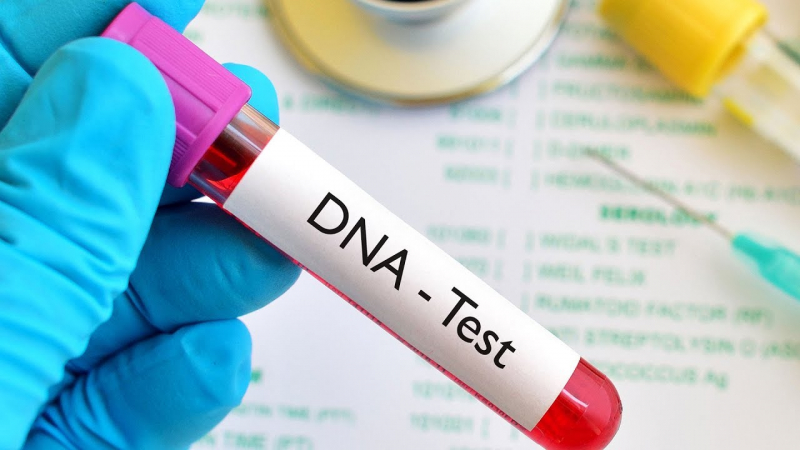
DNA Tests Can Tell You about Your Ancestry 
DNA Tests Can Tell You about Your Ancestry -
Another important thing to understand about using DNA tests to learn about your ancestry is that there are three types of tests. Autosomal DNA tests look for genes that were passed down from both parents. These are the most common tests because they provide information about your overall ancestry without distinguishing between your mother's and father's ancestors. Autosomal DNA tests typically provide reliable information going back 4-5 generations.
Mitochondrial DNA tests, or mtDNA tests, only look at genes passed down from your mother. As a result, they can only trace your ancestry back to your mother's side of the family. mtDNA tests can provide information going back 8-10 generations, but they don't provide much information about family structure.
Y DNA tests only look at genes passed down from your father and can only be used to trace ancestry on your father's side of the family. Because women lack a Y chromosome, Y DNA tests are only available for men. Y DNA tests, like mtDNA tests, provide information about the last 8-10 generations.
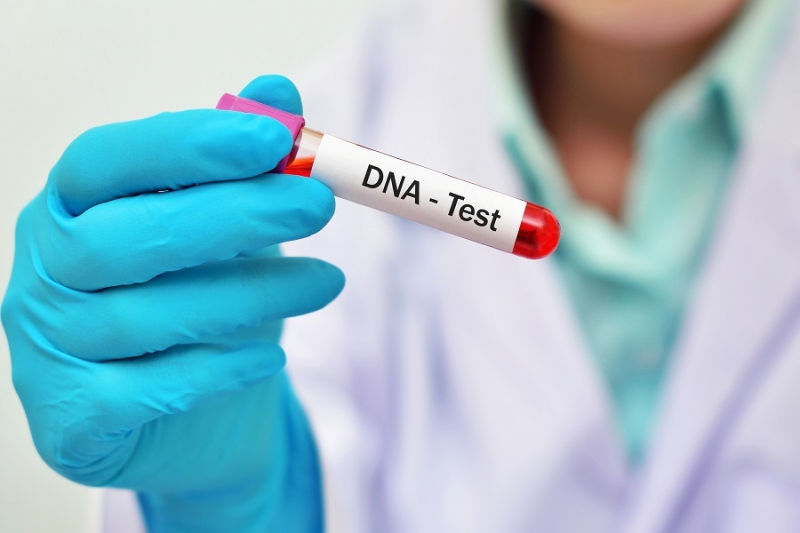
There Are 3 Different Types of DNA Tests 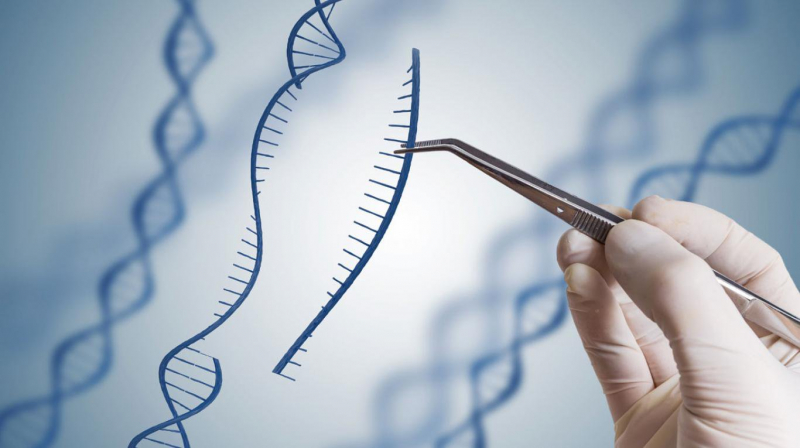
There Are 3 Different Types of DNA Tests -
DNA testing companies rely on genetic information databases to provide clear and reliable information about your ancestry. These databases typically contain both publicly available genetic information and genetic data from other users of a company.
The larger and more comprehensive the database of testing services, the better. A larger genetic database allows a company to more accurately trace your genes to a specific ethnic group or assist you in finding distant relatives. That's one of the reasons why popular ancestry testing companies like MyHeritage and LivingDNA make so much sense. Millions of users have already tested their ancestry and contributed genetic information to these companies. This means you'll have more detailed information about your ancestors.
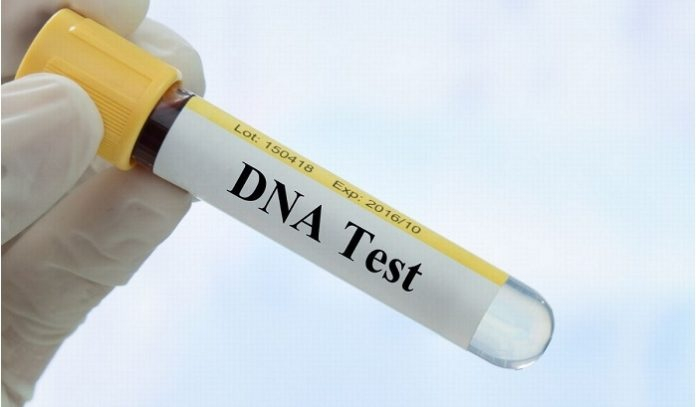
An Ancestry Testing Company is Only as Good as Its Database 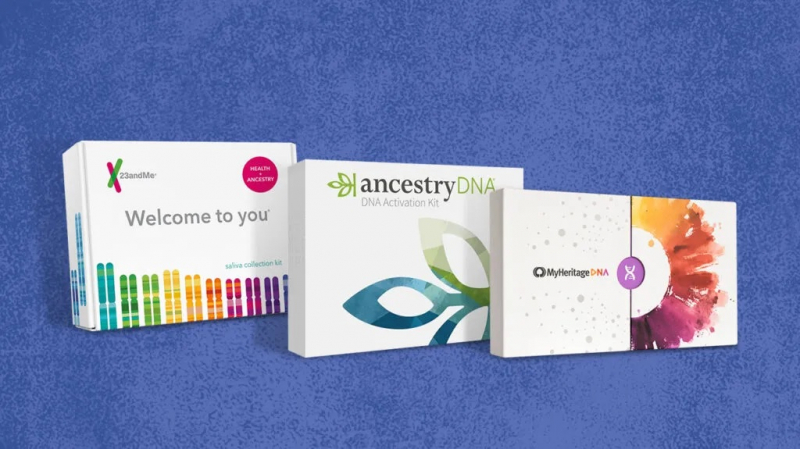
An Ancestry Testing Company is Only as Good as Its Database -
One thing that may surprise you is that the results of at-home DNA tests can vary greatly. This has nothing to do with the test kit's or the sequencing process's quality. Rather, this is due to the fact that different DNA testing services sequence different genes.
As a result, a single DNA test could reveal that you're 30% Irish, 25% Eastern European, and 45 percent East Asian. Another DNA test from a different company might look at a different set of genes and determine that you're half Irish and half East Asian. It's not that one test is better than the other; they're just looking at slightly different parts of your genome and uncovering different hints about your ancestry as a result.
Furthermore, comparing your DNA sequences to different databases may produce slightly different results. If you don't get the ancestry results you expected from your testing provider, you can reanalyze your DNA by uploading it to a third-party database.
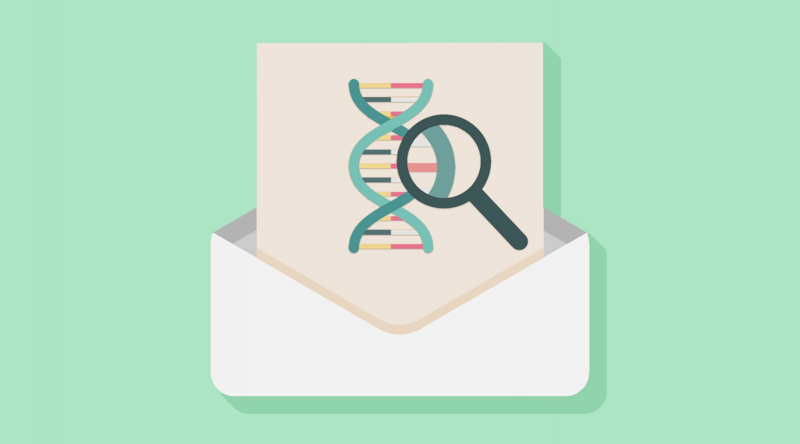
DNA Test Results Vary 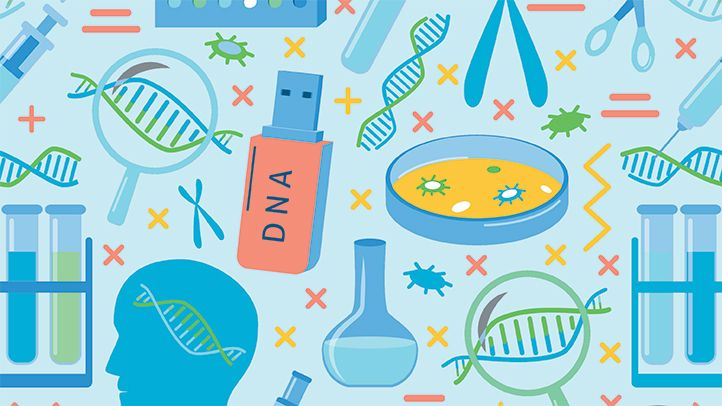
DNA Test Results Vary -
DNA tests can also reveal important health risks. There are at-home DNA tests available for several hereditary cancers, including breast, ovarian, and prostate cancer. There are also tests for genes linked to cardiovascular disease and Alzheimer's.
These tests can be beneficial, especially if you have a family history of these conditions. They can also warn you about potential future medical conditions so you can take preventative measures right away. However, at-home DNA tests are not a substitute for a comprehensive medical evaluation. Remember that they only look at your genes, not what's going on in your body.
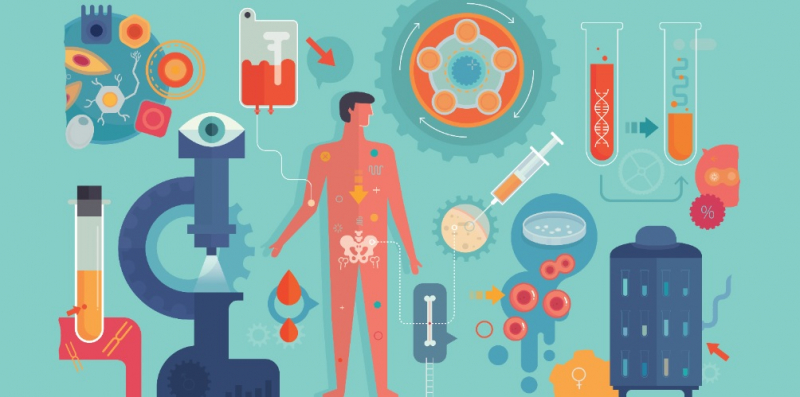
DNA Tests Provide Information about Health Risks 
DNA Tests Provide Information about Health Risks -
Even if an at-home DNA test indicates that you are at risk for specific cancer or disease such as Alzheimer's, it is critical to remember that this is not a prediction of your future health. There are thousands of genes associated with conditions such as breast cancer, and most genetic tests only look at a few of the most common.
Furthermore, many diseases linked to genetics are determined by factors other than your genes. Alzheimer's, for example, is thought to be as much a result of environmental factors and how active you keep your brain as it is of genetics. So, if an at-home DNA test indicates that you may be at risk for a specific condition, consider your genes to be one of many risk factors rather than predictors of the future.

Your DNA Doesn’t Predict Your Future 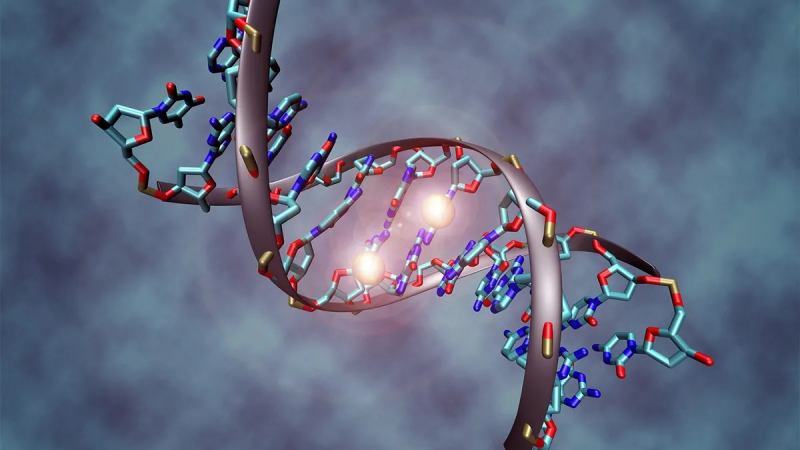
Your DNA Doesn’t Predict Your Future -
Receiving information about your genes can be perplexing, if not overwhelming. After all, the majority of people lack a degree in molecular biology, and scientists are still figuring out the limits of what the DNA sequences can tell us.
As a result, you may require assistance in interpreting your results. Many genetic testing services provide analysis portals where you can learn more about your ancestors and even find distant relatives. They may also provide additional information on health-related genes and what they mean.
There are also a number of third-party databases where you can submit your DNA sequencing results. These provide a different perspective on your ancestry and allow you to combine sequencing results from various at-home tests.
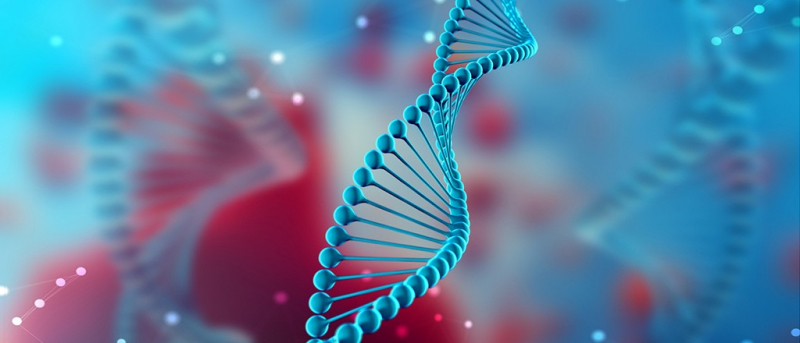
You May Need Help Interpreting Your Results 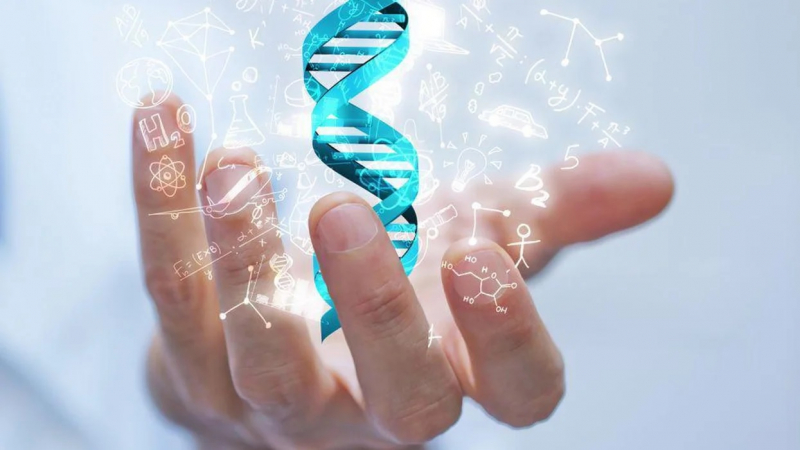
You May Need Help Interpreting Your Results -
The rules governing the privacy of at-home DNA test results are far from uniform. Many testing companies promise not to share your test results, but others may use your DNA sequences for research purposes or share them with healthcare providers. Furthermore, most testing companies add your DNA anonymously to their database, and you may not be able to opt-out.
Make certain that whichever provider you choose has procedures in place to separate your identity from the results of your DNA testing. If you're concerned about how your DNA sequences might be used, read the privacy policy of your testing company carefully.
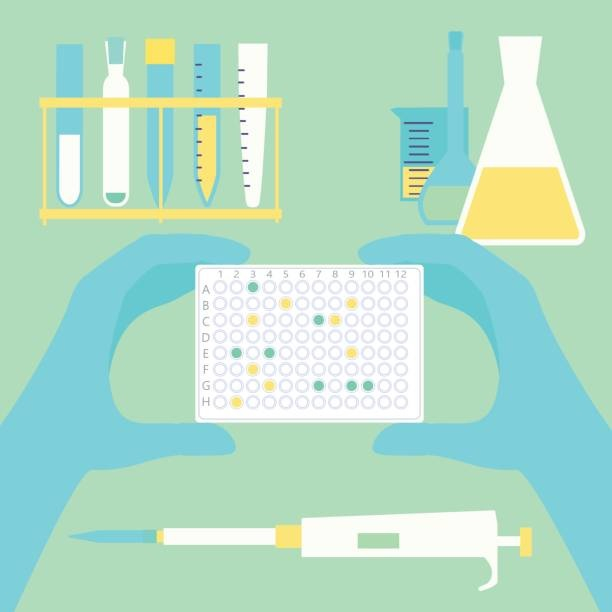
Privacy Rules Vary by Testing Provider 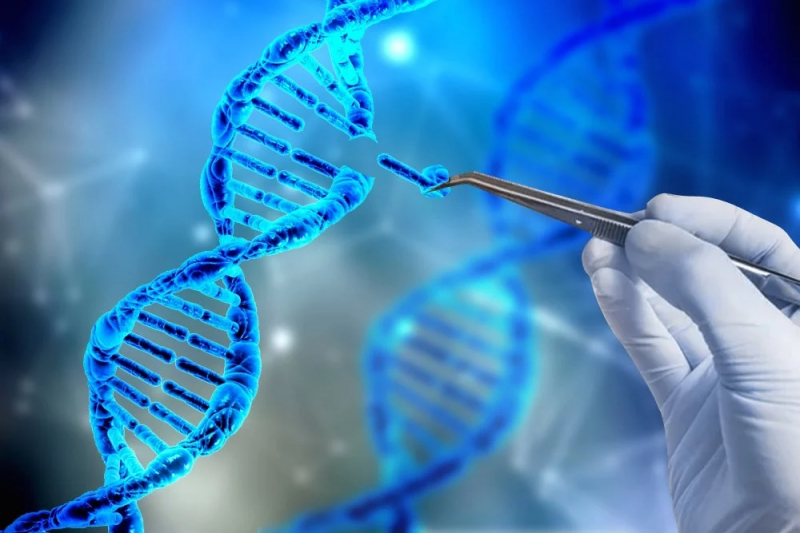
Privacy Rules Vary by Testing Provider -
Importantly, the results of an at-home DNA test have no bearing on your health insurance or employment prospects. Whatever your DNA results show, the Genetic Information Nondiscrimination Act of 2008 prohibits discrimination based on your genes.
This federal law, however, does not apply to life insurance, long-term care insurance, or disability insurance. If your genes indicate that you are at high risk of certain diseases, these insurance providers may charge higher premiums or even refuse to issue you a policy.
For the time being, few life insurance companies ask applicants about DNA test results. That could change in the future, and the results of your DNA test could result in an increase or decrease in your life insurance premiums.
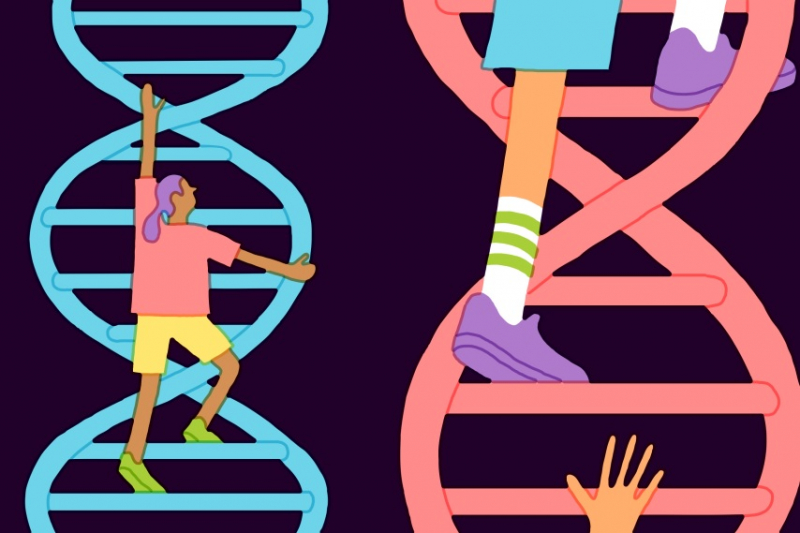
DNA Testing Can Impact Your Life Insurance Policy 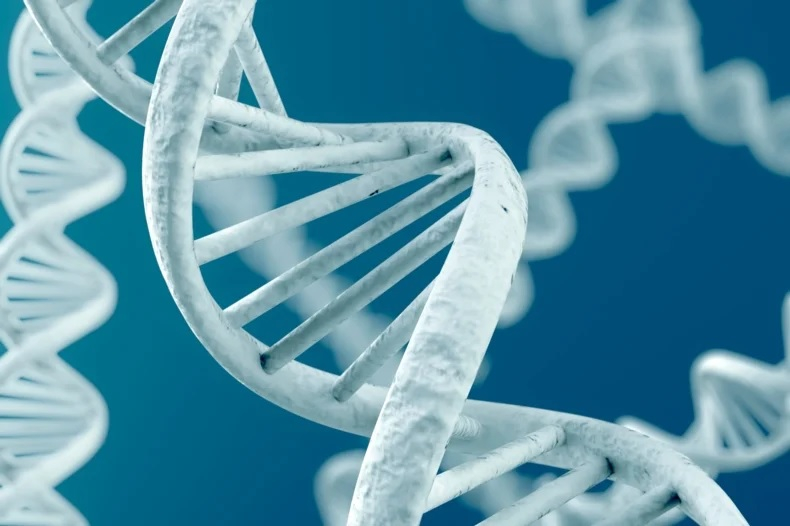
DNA Testing Can Impact Your Life Insurance Policy






























